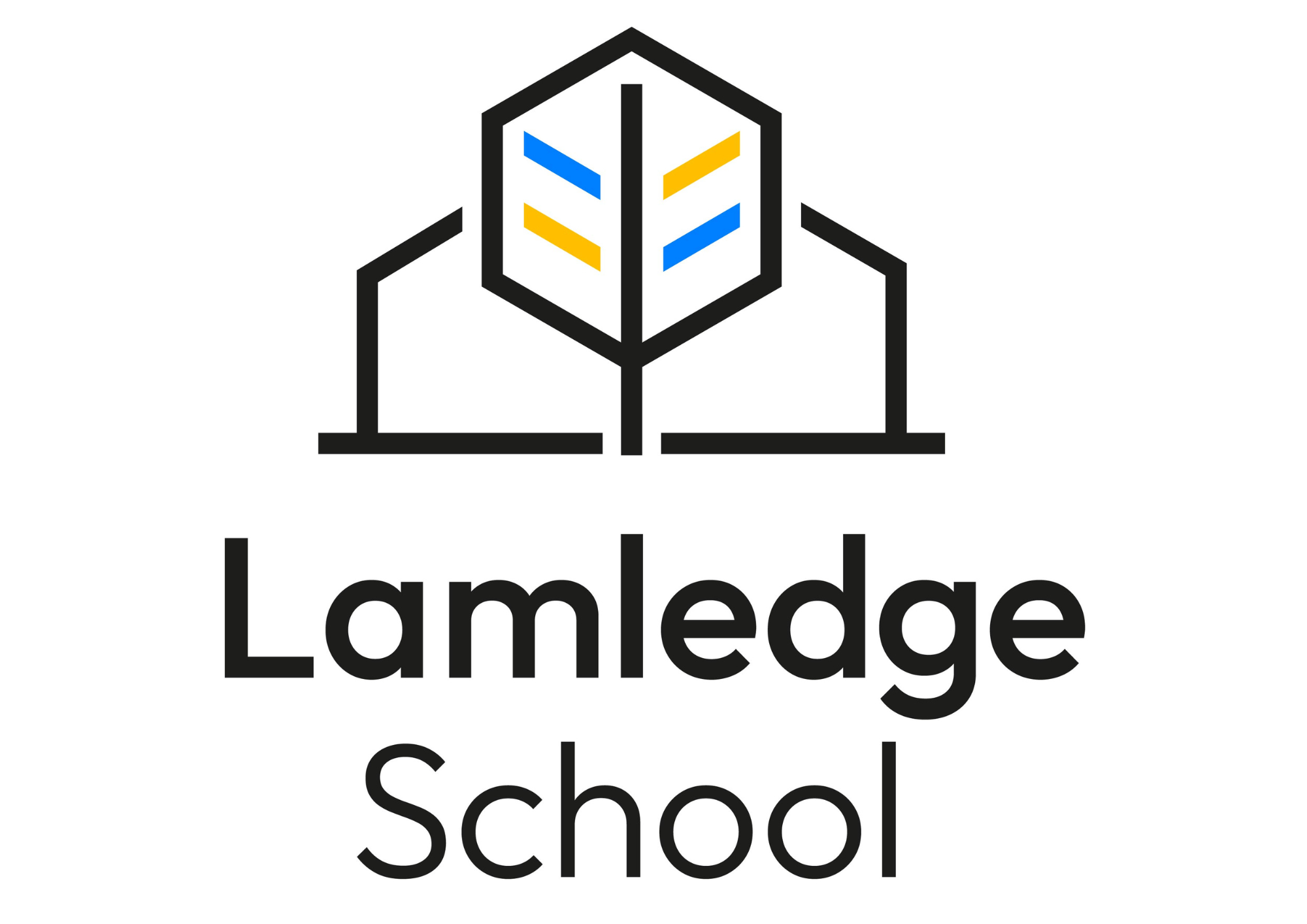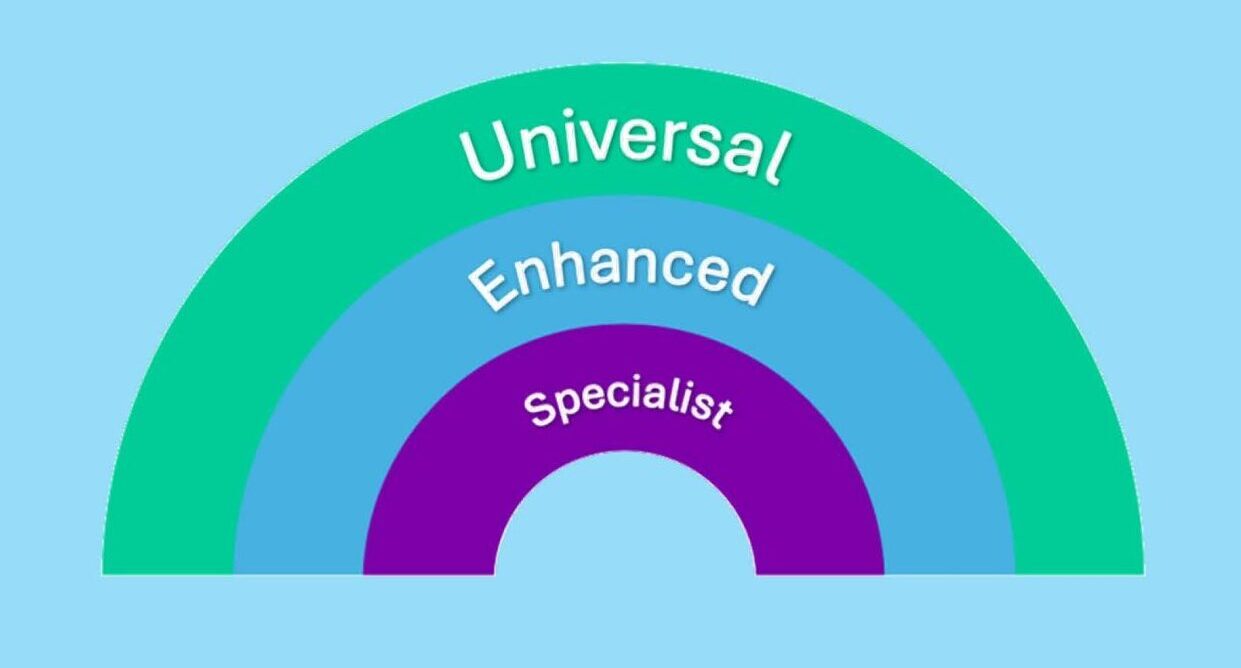What professionals do we have in our team?
Educational Psychologist
The role of an Educational Psychologist is to support children, as well as those who care for and teach them, in overcoming any barriers to learning they may be facing. Using specialist techniques and applied child/developmental psychology theory, they help develop an understanding of the obstacles children and young people may encounter in education and collaborate to find ways to overcome them.
Psychotherapy
Psychotherapy can support your child, or one you care for, to heal from difficult experiences, from experiencing anxiety to dealing with a bereavement, there’s a wide range of reasons why children and young people might benefit from seeing a psychotherapist.
Psychotherapy can help children and young people to make sense of what they are experiencing, feel less distressed, become more self-aware, heal and develop resilience.
Occupational Therapy
OT’s work within the evidence based OFG strategies, providing support around environmental adaptations, strategies to support self-regulation/co-regulation, education around neurodiversity and promoting self-advocacy, prescription of specialist equipment and Ayres Sensory Integration.
We support students that have sensory processing differences with the ‘My Sensory World’ document, which looks at how best to support their sensory needs, differences and traits in a neuro affirming way.
We deliver programmes to focus on improving body awareness, particularly interoceptive awareness (internal sensations), so that students can link body signals to how they feel, which is the groundwork needed to support emotional regulation.
Speech and Language Therapy
Speech and language therapists (SALT) play a vital role in supporting children by identifying their speech, language and communication needs.
They design and implement bespoke interventions through one-to-one therapy sessions, group sessions, and classroom-based strategies.
They foster inclusive communication-environment for the children and support emotional literacy to help them better understand and express their emotions.
SALT work closely with teachers, psychologists, and other healthcare professionals to create a holistic support plan for the children, and provide training for teachers, parents, and other caregivers to help them understand and support the children’s communication needs.

